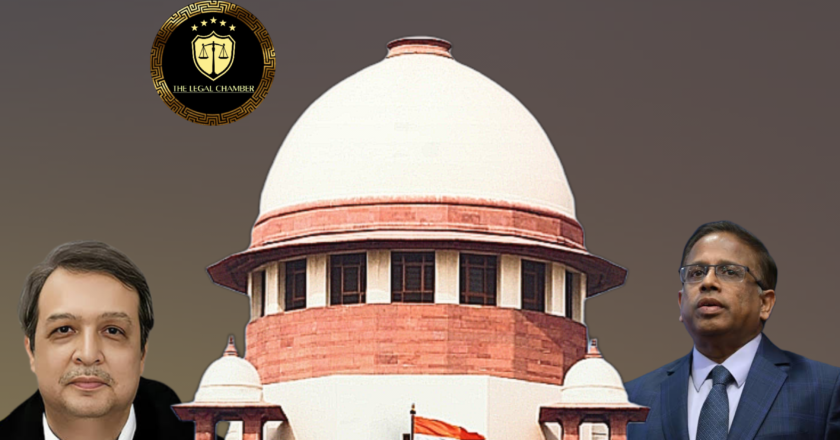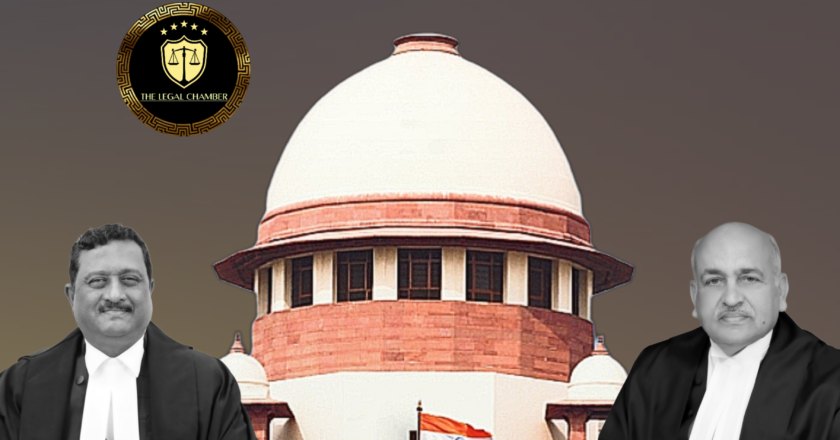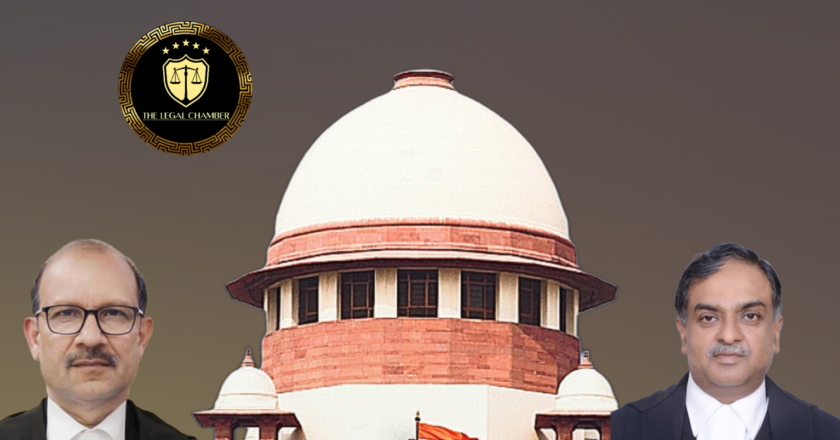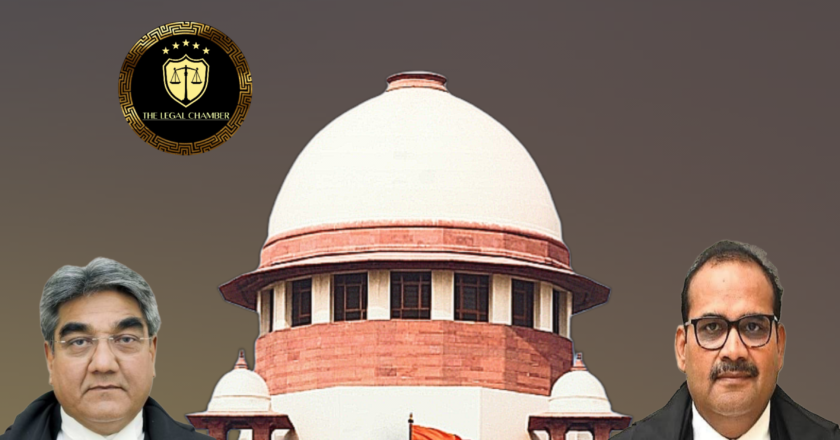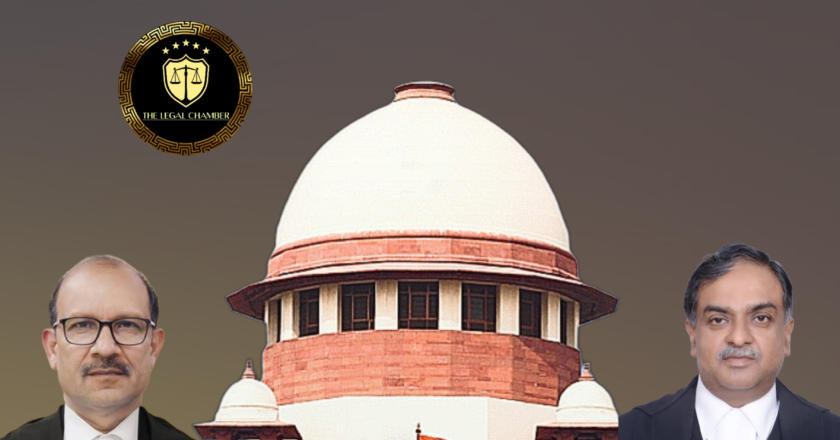“Nothing Short of Harassment”: Supreme Court Allows Man to Rebuild Old House, Imposes ₹10 Lakh Fine on SDMC
The Supreme Court upheld that municipal bylaws and the Master Plan permitting mixed land use are enabling, not compulsory. Property owners cannot be forced to convert residential use to commercial use. A deemed sanction for purely residential reconstruction plans is valid if the applicant chooses not to avail the option for commercial activity.
Facts Of The Case:
The respondents, owners of an 85-year-old dilapidated residential house in Delhi, applied for sanction to demolish and reconstruct it in 2010. The Municipal Corporation failed to decide, leading the owners to obtain a deemed sanction from the Appellate Tribunal under the Delhi Municipal Corporation Act. The Corporation challenged this order successively before the Additional District Judge, the Delhi High Court (via writ and rev...
